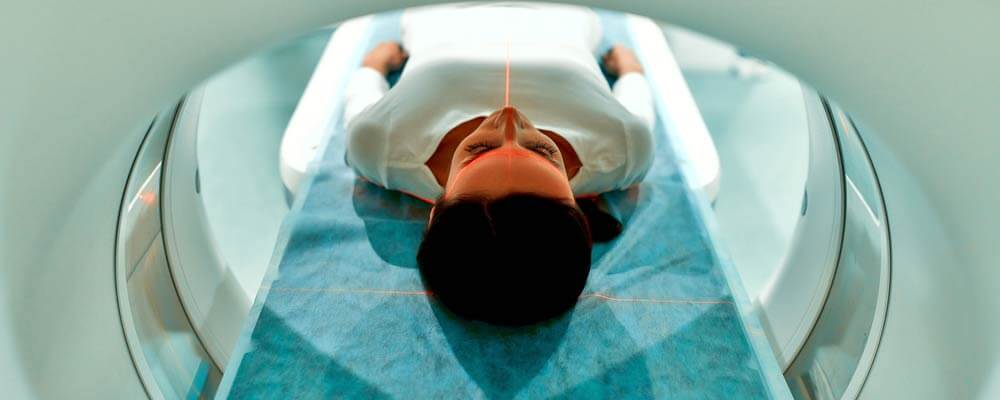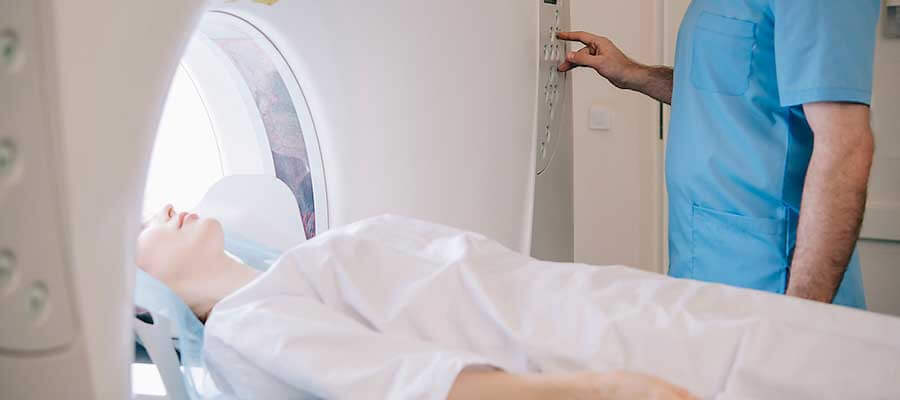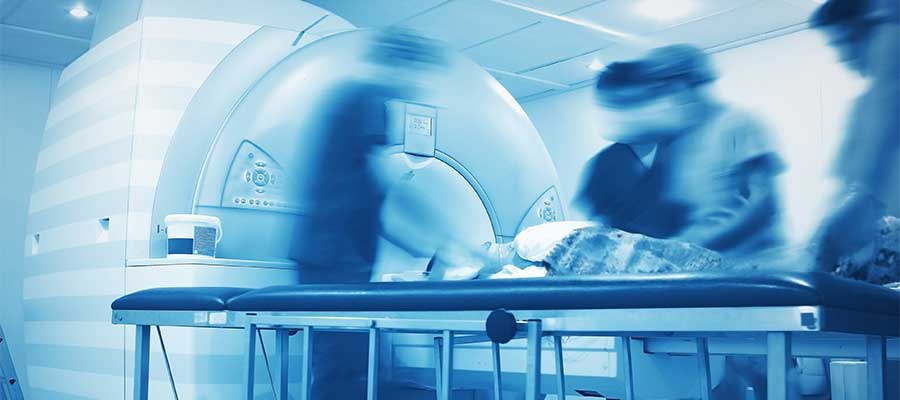Did you know that students at an MRI tech school can choose from multiple degree paths? Not all programs are the same and not all students graduate with the same credentials. Having options means you can choose the path that best fits your skills, timeline and long term goals. For many students just knowing there are multiple options brings a sense of relief – because there’s not just one way to get into this rewarding field.
Whether you’re coming straight out of high school or already working in healthcare, there’s a program for you. From associate to master’s degrees, each level of study has its own benefits and opportunities.
Associate Degree in Radiology: A Fast Track to the Workforce
For students who want to get into the healthcare field quickly, an associate degree is often the first choice. These programs take about 2 years to complete and give you the foundation you need to become an entry level MRI technologist.
Coursework covers anatomy, physiology, MRI physics and safety protocols. Students also get clinical experience learning how to position patients, calibrate machines and follow protocols under supervision.
Because the program is shorter and less complex than other options it can be a practical way to get started. However associate degree graduates usually start in entry level positions. Over time many find themselves pursuing additional education to qualify for leadership roles, specialized positions or higher pay.
Bachelor of Science in Radiology: More Opportunities
If you want a more in-depth education a bachelor’s degree in radiology may be the way to go. This program takes about 4 years to complete and gives you a broader and deeper understanding of the field.
In addition to core MRI training, bachelor’s programs often include coursework in advanced imaging modalities, research methods and healthcare management. This broader education opens up higher level roles that go beyond entry level practice. Employers often prefer bachelor’s graduates for supervisory positions or roles in larger healthcare systems.
Another big advantage is that a bachelor’s degree provides the foundation to pursue a master’s program later. It’s a bigger time investment than an associate degree but often pays off with better job prospects, higher earning potential and more career flexibility.
Master of Science in Radiology: Advanced Expertise and Leadership
The most advanced option available through an MRI tech school is a master’s degree. While fewer students pursue this path it offers big benefits for those who do.
A master’s degree is rarely the first step for students straight out of high school. Instead it’s often chosen by working professionals who already have experience in the field. Many technologists go back to school after several years of practice to expand their expertise, transition into leadership roles or prepare for teaching positions.
Master’s programs focus on advanced imaging techniques, research and leadership skills. They prepare students not only to practice at a higher level but to contribute to the advancement of the field itself. For technologists who want to leave a lasting impact a master’s degree can be the capstone to their academic journey.
Choose Your Path
When deciding which degree to pursue consider both your current situation and your future goals:
- Time commitment: Do you want to get into the workforce quickly or are you willing to invest more years now for greater opportunities later?
- Career aspirations: Are you looking for entry level practice or do you see yourself in management, research, or education down the road?
- Flexibility: Can you commit to a traditional classroom program or do you need the flexibility of online coursework to balance work and family responsibilities?
Pulse Radiology Institute makes it easier to find the right fit by offering flexible, accredited programs that fit your schedule. Whether you’re pursuing an initial degree or continuing education, PRI’s online platform and nationwide clinical partnerships give you the training and experience you need without the barriers of traditional schooling.
Your education is the foundation of your career and choosing the right program at an MRI tech school will shape your professional future for years to come. From associate degrees that get you into the field quickly to bachelor’s programs that expand your opportunities to master’s degrees that prepare you for leadership each pathway has its place.
At Pulse Radiology Institute, we’re here to guide you through whichever path you choose. With accredited programs, expert mentorship and flexible learning options we provide the support you need to succeed. Take the next step today and find the degree program that matches your goals.





